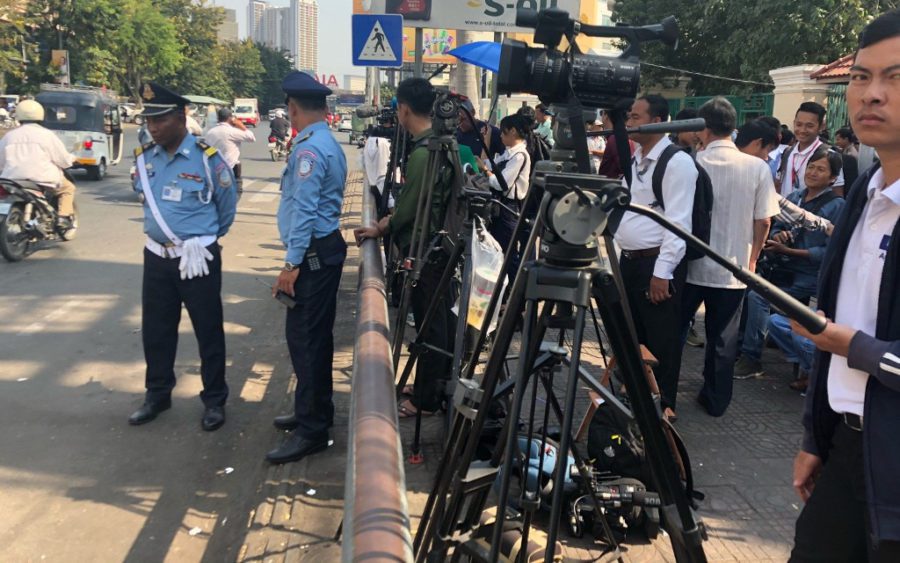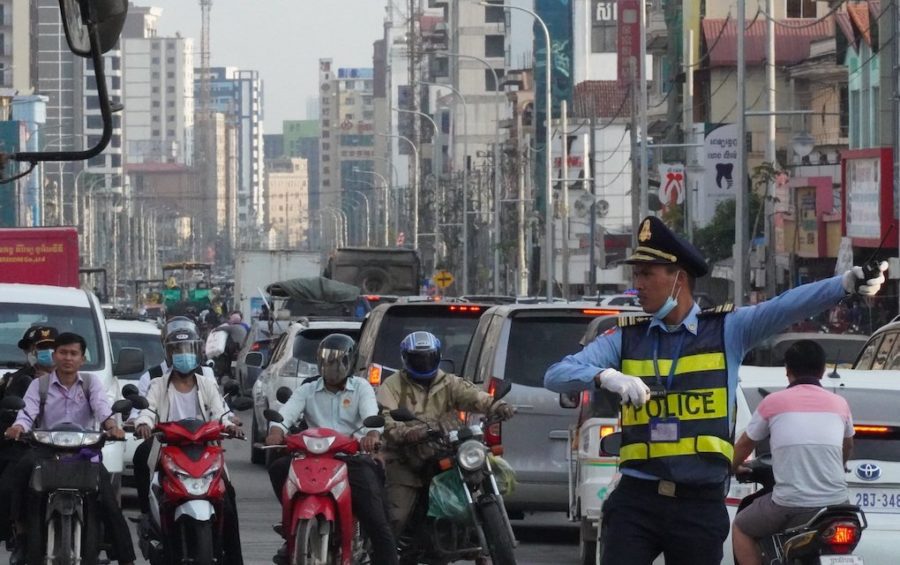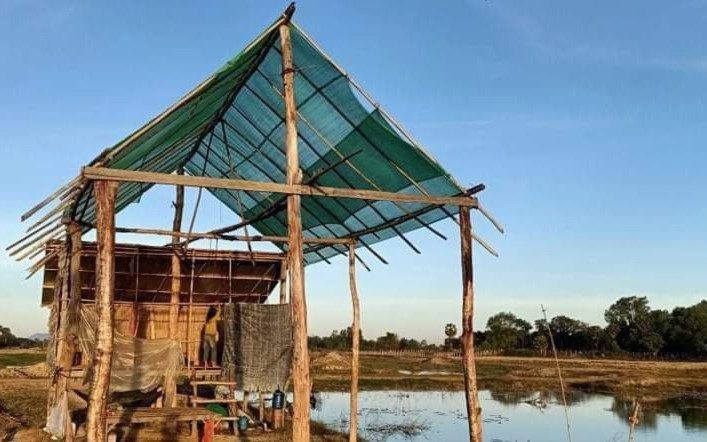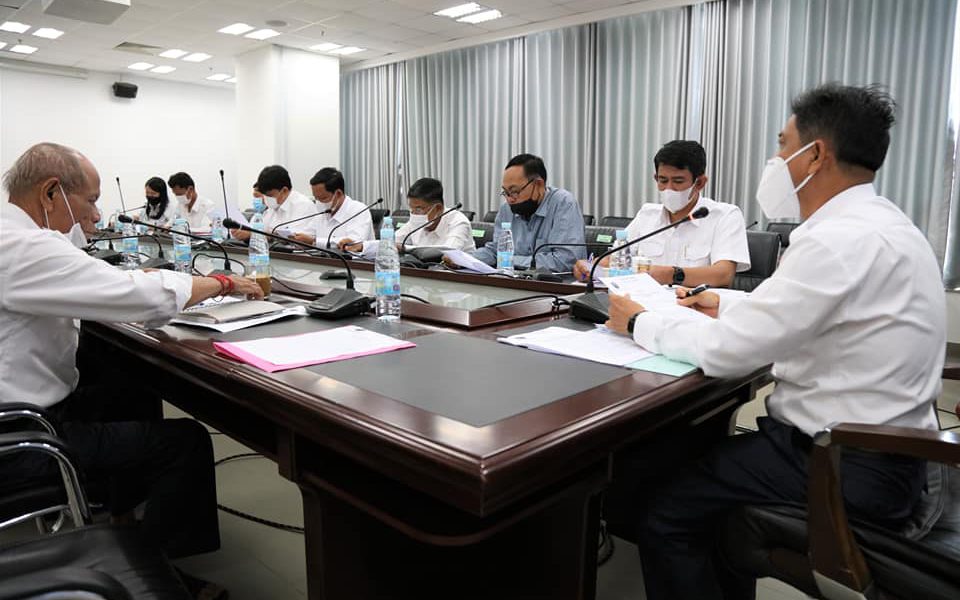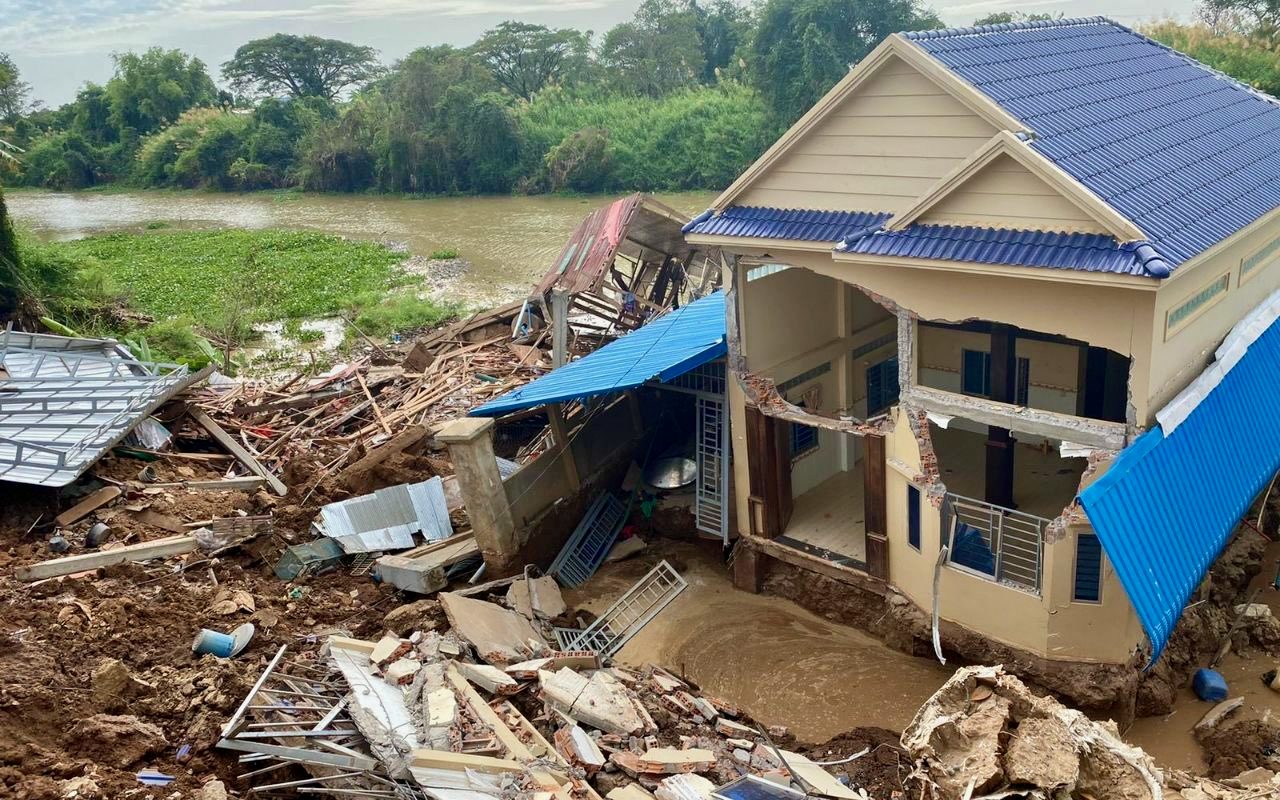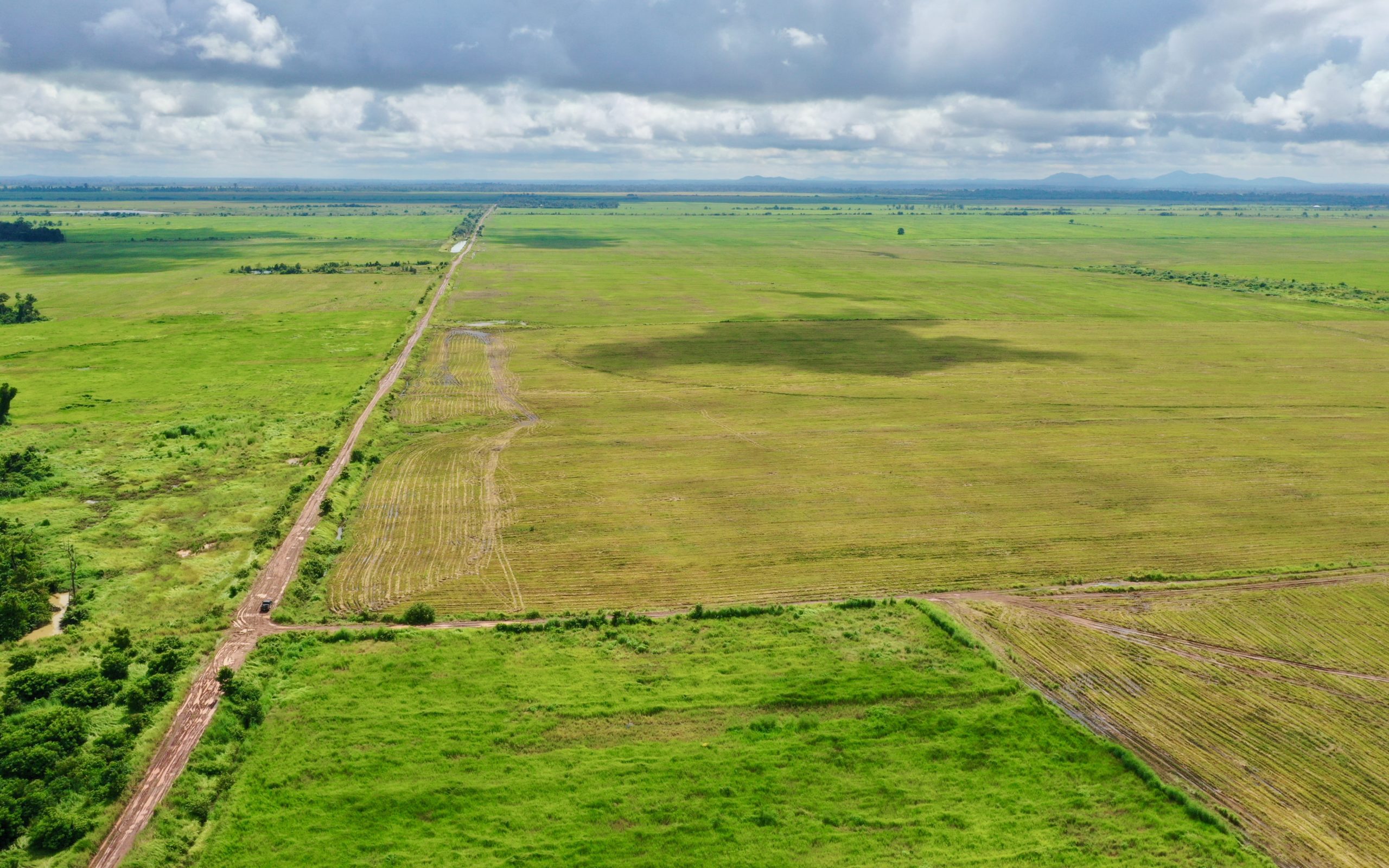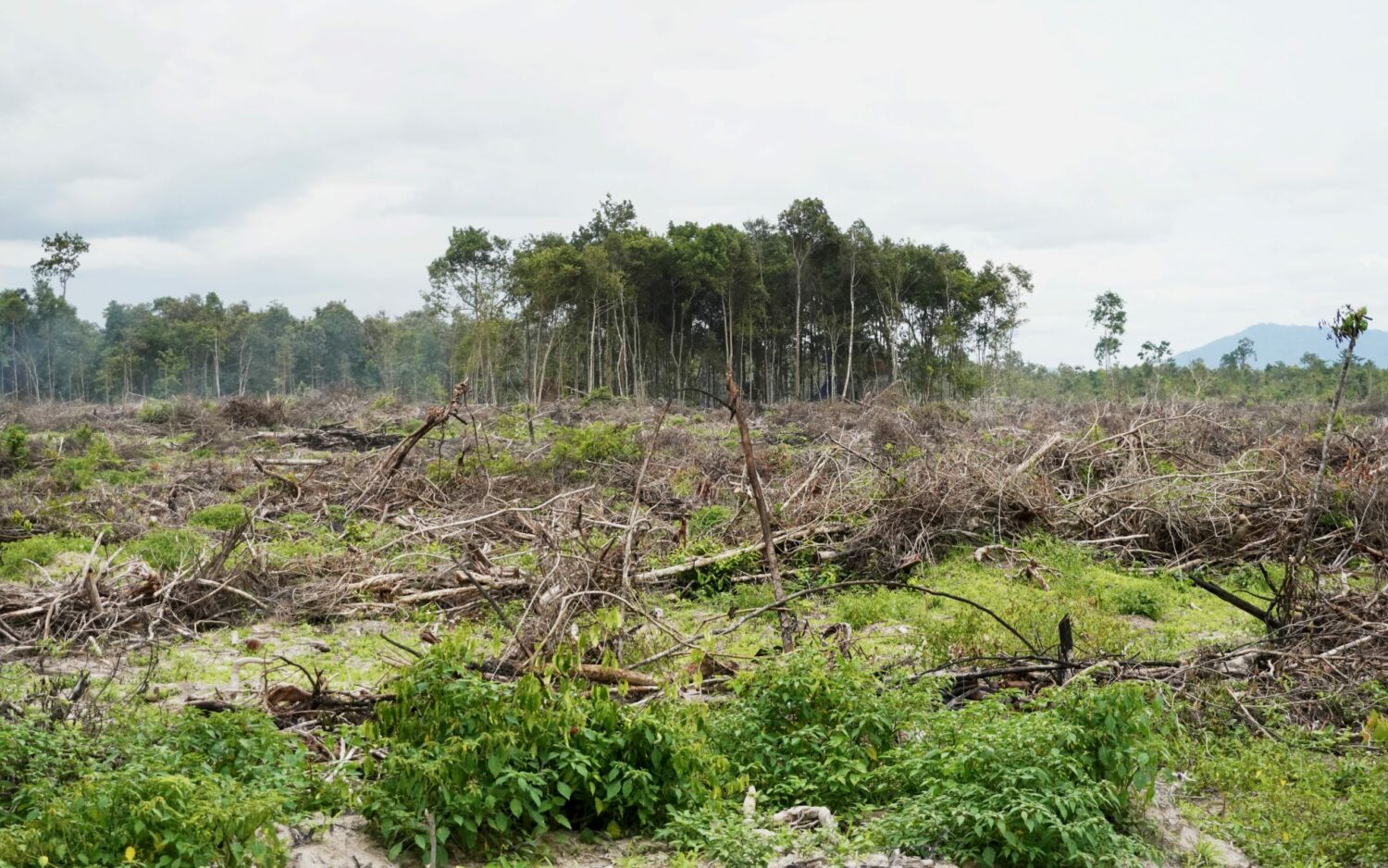Online violence affects nearly three-quarters of women journalists and threatens press freedom globally, a Unesco report says, calling on social media companies to be held to account.
In a report issued Friday, Unesco called online violence against women journalists “one of the most serious contemporary threats to press freedom internationally,” citing a survey of 1,100 participants and data analyses of social media posts.
The report highlights victim-blaming, slut-shaming and misogyny on Facebook, Instagram, Twitter and YouTube, whose business models and algorithms “have been found to drive hate, and prioritise profit over human rights.”
“Almost without exception, the women journalists interviewed for this study complained about the companies’ unresponsiveness, inaction, ineffective action and convoluted and cumbersome processes for reporting and escalating incidents,” it adds.
Among a series of 107 recommendations, the report says governments should make social media companies more clearly accountable for combating online violence against women journalists, and urges the media to report on the issue.
“Hold social media companies to account through investigative reporting, and through advocacy for media freedom and journalism safety, regardless of commercial ties to the platforms,” it says.
— Michael Dickison
460,000 Fall Below Poverty Line: World Bank
Covid-19’s economic disruptions caused nearly 460,000 Cambodians to fall below the poverty line, the World Bank says.
Its report, “Cambodia Poverty Assessment,” released on Monday, notes the steady decline in poverty figures from 2009-2019 before reversing by 2.8 percentage points during Covid-19.
The report in part looked at the impact of governmental financial assistance during Covid-19, estimating that 748,000 would have dropped into poverty if not for cash transfers. Instead, 458,000 fell below the poverty line during Covid-19, the report says.
Households coped primarily by reducing food consumption, followed by reducing non-food consumption, it says.
“Potentially scarring coping mechanisms — selling assets, taking children out of school, taking loans from formal/informal financial institutions, crediting purchases, and delaying payment obligations — were the third most common strategy adopted by 58 percent of households.”
Nearly half of the country was facing food insecurity in August 2020, according to a cited nationwide survey, though that figure dropped to about 20% in the following months.
The bank previously halted its reporting of poverty figures in Cambodia, questioning the country’s official figures. “Close examination of the household survey and price data suggested problems with the household survey-based welfare aggregate, producing implausibly low poverty rates,” the bank previously said.
— Michael Dickison


